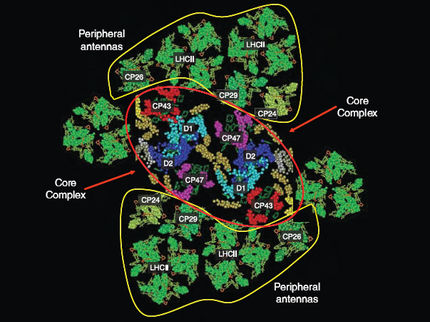Positive Results from Phase II VTE Prophylaxis Study with TB-402 (Anti-Factor VIII)
Study demonstrates TB-402 superior antithrombotic activity to enoxaparin
Advertisement
ThromboGenics NV and co-development partner BioInvent International announced that the positive results from a Phase II trial of TB-402 (Anti-Factor VIII antibody) were presented at the 21st International Congress on thrombosis (ICT) in Milan, Italy. TB-402 is a long acting anticoagulant that is being developed as a single injection for the prevention of venous thromboembolism (VTE) following orthopaedic surgery.
The data were presented by Professor Peter Verhamme (University of Leuven, Belgium) in a presentation entitled “Single intravenous administration of TB-402 for the prophylaxis of VTE after total knee replacement surgery.” The Phase II results showed the superior antithrombotic activity of TB-402, when compared to enoxaparin (Lovenox®: sanofi-aventis). The study showed that the two drugs had comparable safety. Enoxaparin is currently the standard treatment to prevent VTE in this setting. VTE encompasses both deep venous thrombosis (DVT) and pulmonary embolism (PE).
The Phase II trial was a multicenter, dose-escalating, randomised, open-label trial, evaluating TB-402 against enoxaparin for the prophylaxis of VTE after knee surgery. All patients received enoxaparin 40mg pre-operatively. Post-operatively, patients were randomized in a sequential cohort design to one of three doses of TB-402 (0.3mg/kg, 0.6mg/kg or 1.2mg/kg) or enoxaparin 40mg (3:1; n=75 per group). The study enrolled a total of 316 patients across 30 centers in Europe.
TB-402 was administered as a single intravenous bolus injection 18–24 hours after orthopaedic surgery, whereas enoxaparin was given as a 40mg subcutaneous injection every day for a period of at least 10 days. The primary efficacy endpoint was based on measuring all occurrences of VTE in patients by Day 7-11, whether they were symptomatic or asymptomatic. The primary safety endpoint was the number of patients with major or clinically relevant non-major bleeding from randomisation until the end of the study at 3 months.
Professor Verhamme presented the pooled data for the TB-402 treated group, which showed that 47 out of 218 (or 22%) patients experienced VTE; this compares to the enoxaparin treated group, where 30 out of 77 (or 39%) patients experienced VTE (p<0.05). The difference of reduction in VTE between the two groups is statistically significant. The study also showed that TB-402 and enoxaparin had a similar safety profile.



























































